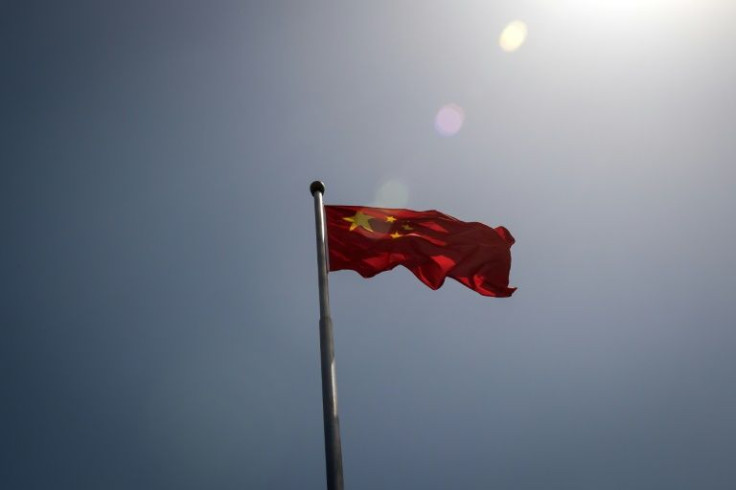Another Ukraine-Like Crisis? China Warns AUKUS Partners Over Hypersonic Weapons Deal
KEY POINTS
- Zhang Jun, China’s envoy to the United Nations, spoke Tuesday against the AUKUS
- The AUKUS defense alliance was formed September last year
- The AUKUS said their latest move comes in the "light of" Russia's invasion of Ukraine
Just a day after the AUKUS partner companies announced they would collaborate on a hypersonic weapons deal in a bid to counter China in the Indo-Pacific region, Beijing has issued a warning, saying the move could trigger another Ukraine-like crisis.
Zhang Jun, China’s envoy to the United Nations, spoke Tuesday against the AUKUS – Australia, the United Kingdom and the United States – partnership on developing hypersonic weapons and electronic warfare capabilities.
"Anyone who does not want to see the Ukrainian crisis should refrain from doing things that may lead the other parts of the world into a crisis like this," Zhang told reporters, according to Al Jazeera. "As the Chinese saying goes, if you do not like it, do not impose it against the others."
The AUKUS defense alliance, which was formed in September last year, included sharing of nuclear-powered submarine technology.
The move not only angered China, but also France at the time, as it had collapsed Paris' multibillion-dollar submarine deal with Australia. Canberra had said then it decided to join the alliance to counter China's growing activities of building up its own navy and military prowess.
In a joint statement Tuesday, the AUKUS leaders – British Prime Minister Boris Johnson, U.S. President Joe Biden and Australian Prime Minister Scott Morrison – said they planned to co-operate not only in the progress of the program for the conventionally armed submarines for Australia, but also in other areas.
“We...committed today to commence new trilateral cooperation on hypersonics and counter-hypersonics, and electronic warfare capabilities, as well as to expand information sharing and to deepen cooperation on defense innovation,” they said. “These initiatives will add to our existing efforts to deepen cooperation on cyber capabilities, artificial intelligence, quantum technologies, and additional undersea capabilities.
“As our work progresses on these and other critical defense and security capabilities, we will seek opportunities to engage allies and close partners.”
The AUKUS said the move comes in the "light of Russia's unprovoked, unjustified, and unlawful invasion of Ukraine..."
Last July, China had tested its intercontinental ballistic missile-launched hypersonic glide vehicle that has the capability of reaching the U.S. mainland. Beijing's first test of the missile system is a “technological achievement with serious implications for strategic stability,” Admiral Charles Richard, the head of U.S. Strategic command, said in a prepared testimony before presenting it to the lawmakers in a closed-door hearing Tuesday.

© Copyright IBTimes 2024. All rights reserved.





















